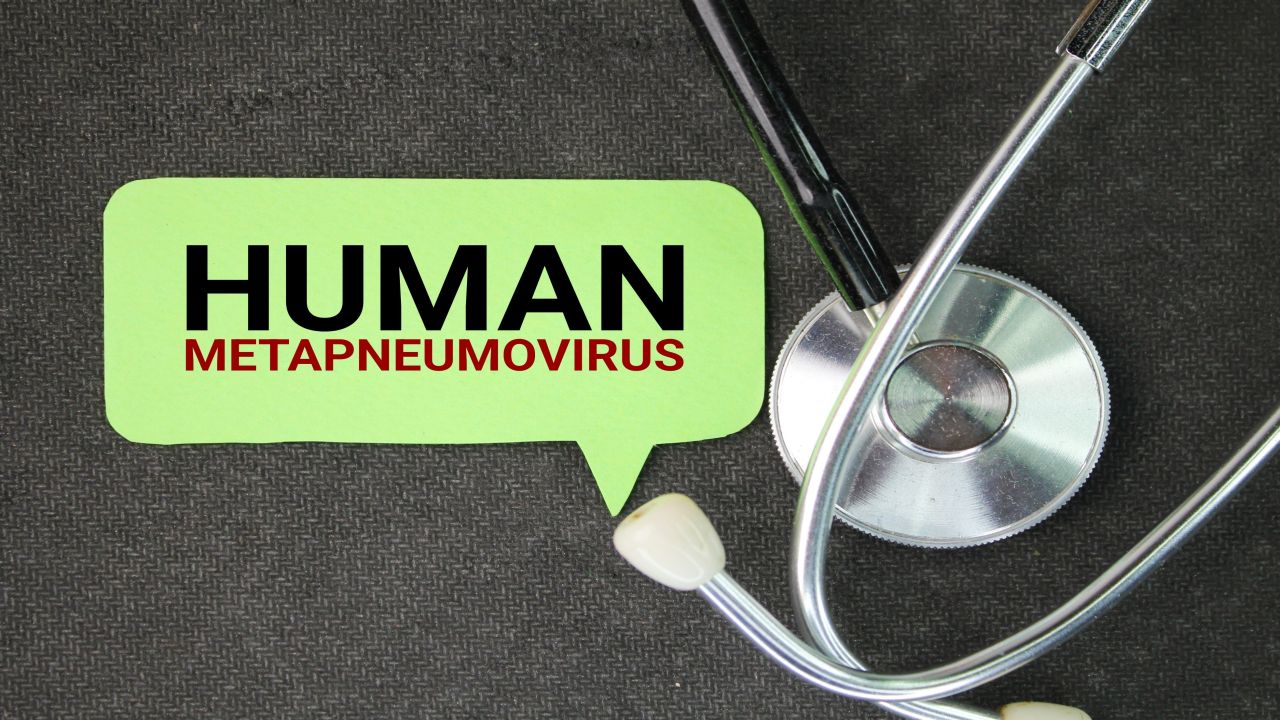

While it does not currently seem to pose a health emergency, it is crucial to establish proper mechanisms for effective testing to prevent an epidemic-like spread. Here’s an overview of what this virus is and how critical the current situation is.
What is HMPV?
While HMPV is not currently a major public health issue in India, it could be a concern for vulnerable populations, particularly those with weakened immune systems. With India’s large population of children and senior citizens, this presents a potential challenge. Additionally, HMPV is a lesser-known virus, with limited information available. Diagnostic procedures are not well established and have limitations due to the overlap of symptoms with other diseases. Since many symptoms of HMPV resemble those of other viral respiratory infections, cases may be misdiagnosed, leading to underreporting.
According to the Indian Council of Medical Research (ICMR), HMPV accounts for about 3% of the respiratory pathogens detected in laboratories testing for Influenza-like Illness (ILI) and Severe Acute Respiratory Infection (SARI).
Dr. Soumya Swaminathan, former chief scientist at the World Health Organization (WHO), stated in a post on X that HMPV is not a cause for panic. Instead of focusing on detecting every new pathogen in the news, she advocates for taking standard precautions for any respiratory illness.
The virus spreads primarily through droplets released when an infected person coughs or sneezes. To prevent transmission, it’s essential to wash hands frequently, avoid touching the face or eyes with unwashed hands, wear masks in crowded areas, and refrain from meeting others if symptoms of cold or cough are present. The challenge lies in the fact that there is no specific treatment for HMPV, and no vaccine is currently available.
Way Forward
India must be prepared for any future public health emergencies. In addition to strengthening surveillance systems, there is a need for greater investment in research and development to create better vaccines and improve diagnostics. Communication efforts should be enhanced to raise awareness about hygiene and the importance of timely vaccination.
A scientific preparedness plan is crucial to deal with pandemics effectively, and we must continue building a robust health ecosystem capable of addressing future health challenges. While some gaps were addressed during the COVID-19 pandemic, scaling these improvements requires a more effective research ecosystem. The regulatory system also needs to be optimised for rapid response during emergency situations.
A centralised method for data collection and access should be established, with a single portal for tracking all infectious diseases. Efforts to strengthen public-private partnerships and foster global collaborations, like those during the COVID-19 crisis, should continue. Most importantly, stronger mechanisms for center-state collaboration are needed during health emergencies.
COVID-19 taught us valuable lessons about health preparedness. It’s time to revisit those lessons and take proactive steps to prevent future outbreaks.
—The author, Vanita Srivastava, is a science writer. The views are her own.
(Edited by : Unnikrishnan)
First Published: Jan 9, 2025 11:14 AM IST



